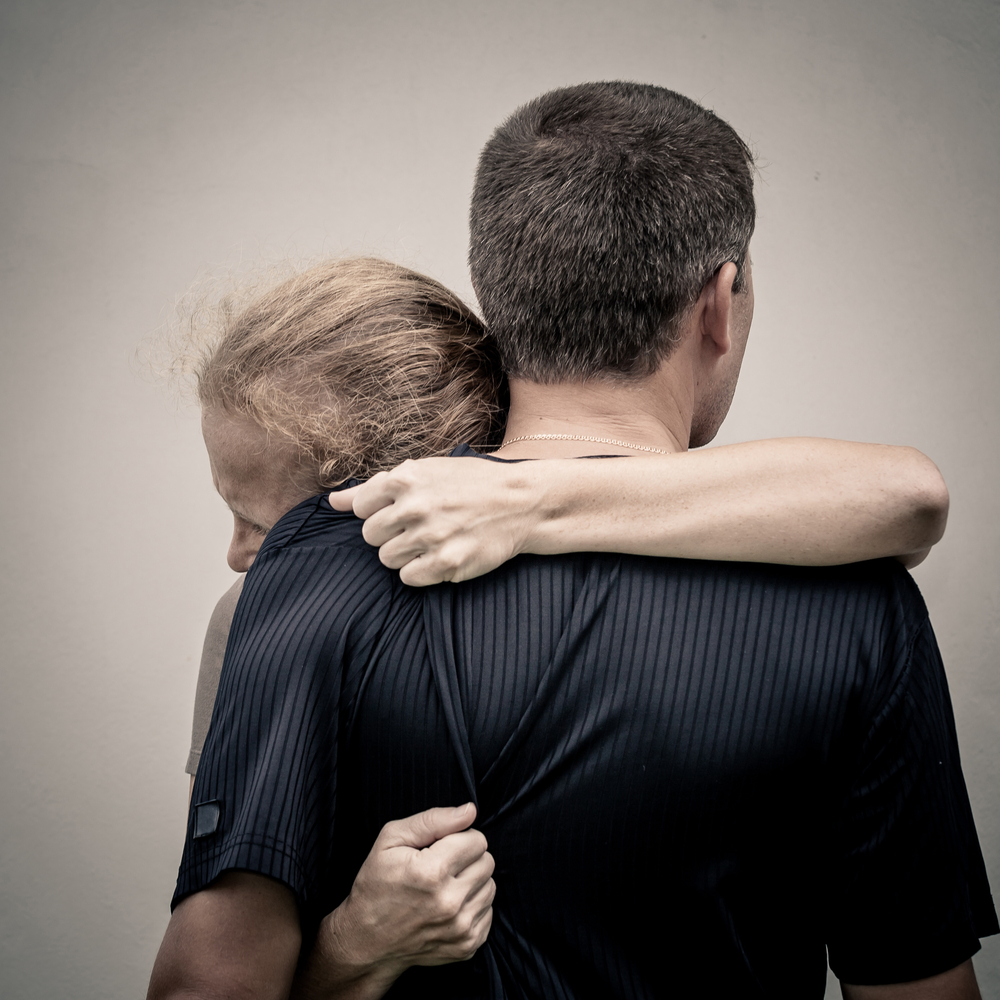
Addicted to Love
Written by Chaya Heuberger, LCSW
The first time I heard the term “love addiction” was many years ago when I had the rare opportunity to meet privately with Rabbi Dr. Abraham J. Twerski at his home in Teaneck, New Jersey. Rabbi Twerski, a psychiatrist and psychotherapist and pioneer in the treatment of addiction, especially in the Jewish community, was so clear and confident in his depiction of this condition that there really was no room left for doubt.
Of course, love addiction is referenced in the entertainment industry constantly. However, it is not necessarily referenced as the condition it may actually be. So many popular songs contain titles and verses that directly allude to the phenomenon, from Billie Holiday’s 1938 “You Go To My Head”, Robert Palmer’s “Addicted to Love”, Huey Lewis’s “I Want a New Drug”, and The LA’s “There She Goes”, to more recent ones like The Wknd’s 2015 “Can’t Feel My Face”. Even in Shir HaShirim (Song of Songs), King Solomon states “for your love is better than wine” (Song of Songs 1:2). Clearly, there is a long-time association between being in love and being addicted. The question is, at which point has love become the addiction itself?
A 2017 article in the journal Philosophy, Psychiatry, and Psychology affirmed that, indeed, the phenomena generally associated with love strongly resemble phenomena associated with what we may refer to as “conventional” addiction. The NIDA (National Institute of Drug Addiction) specifies that all addicts experience similar multifarious effects that are psychological, physical, social, and economic in nature. Experts on love addiction have reported comparable symptoms in their clientele. What this realistically looks like in both cases is an inability to stop the behavior, changes in mood, appetite, and sleep patterns, engaging in risky behaviors, suffering socially and financially, feeling preoccupied with the behavior, losing interest in previous areas of enjoyment, continuing the behavior despite negative consequences, and denial.
There is an ambiguity with love addiction though that doesn’t exist with any other form of addiction. Most people aspire to feel love throughout their life; “By nature, we want, we seek it… We need attachment to survive and we
instinctively seek connection” (Berry, 2013).
God tells us outright, “It is not good for man to be alone” (Genesis 2:18). This is NOT the same as use, misuse, and abuse. Most people, of course, do not want to become addicted to anything. It is key to note here, then, that love addiction is not actually an addiction to real love, but to a theoretical, subjective, unhealthy idea of love.
What is real love, then, and what, by contrast, is unhealthy, love addiction? Healthy loving relationships grow in love and are guided by conscious awareness, give and take, and commitment. Love addictions are driven, even controlled, by overwhelming unconscious fears and needs. Where healthy relationships involve friendship, comfort, compromise, acceptance, and support, addictive ones include an intense attraction that is rife with anxiety, idealization of the partner, disappointment, control, manipulation, resentment, and attempts to change the partner to fit a specific image.
Susan Peabody, a counselor and author of the book Addiction to Love‘, describes four types of
love addicts. The obsessive love addict simply cannot detach from his/her partner in any way.
The codependent love addict bases their self-esteem and self-worth completely upon their partner and his/her responses to them. The narcissistic love addict exploits their partner in various ways to benefit their own self-esteem and ego. The ambivalent love addict avoids true intimacy in the relationship but is convinced that they have it. All forms are pathological patterns of behavior that are maladaptive, pervasive, and excessive in their application to the romantic partner and the relationship as a whole.
Healing from love addiction is possible. Although there is debate over what sort of disorder this is, with some professionals proclaiming it to be an impulse control disorder, and others a mood disorder, an obsessive compulsive one, or an attachment-based one, it is agreed across the board that working through past traumas and on increasing self-esteem is a great place to start the journey towards healthier, more meaningful future relationships. Finding a therapist with expertise in this area is the first step in the right direction.

It is key to note here, then, that love addiction is not actually an addiction to real love, but to a theoretical, subjective, unhealthy idea of love.
Related Articles
Related
Kumzitz and Laugh
In the darkest recesses of the human mind, in a place so heavy with shadow it seems impossible for a pinprick of light to shine through, a spark exists. That tiny ray seems like a direction, a point of promise, a simple moment of relief from the reality of the world...
Dealing With Difficult People
Life is filled with stumbling blocks. Things often do not go as planned. A great deal of this is beyond our control. Situations such as weather, glitches in technology, health issues, accidents, unexpected delays and life changing events will happen. There is one...
Dealing with Winter Doldrums
Despair. Hopelessness. Feelings of low self-worth. Lack of productivity. These words and phrases may describe the thoughts of someone who is clinically depressed. But, they can also describe the moods of many people during the winter season and on rainy days. In much...
